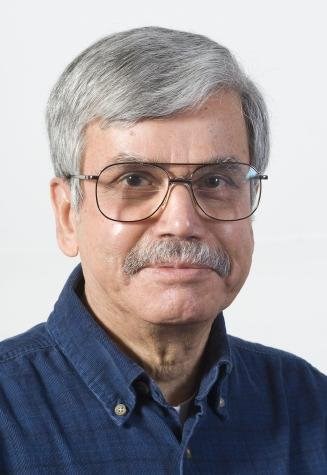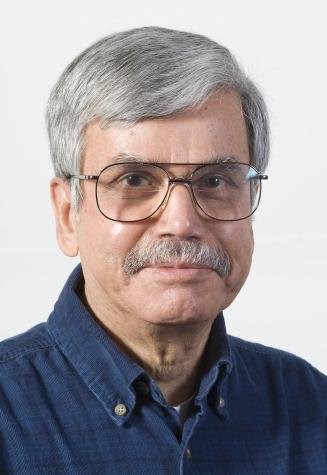“The only knowledge you need for enlightenment or salvation” is how consciousness is sometimes described by scholars. “The most potent spiritual revelation” is another way it has been heralded. “It” is the concept of Consciousness as described in the Upanishads (Hindu scriptures). Hindu scriptures are extremely pithy yet highly sophisticated, and only great spiritual scholars can unravel their deep meaning. My humble attempts at achieving even miniscule understanding of Hinduism’s deep spiritual philosophy is limited; but let me endeavor with humility to shed some light on Consciousness from Mandukya Upanishad, with some practical explanations.
Have you ever had a dream or nightmare so vivid that you woke up with a startled jolt (maybe even screaming or with tears streaming down your cheeks)? A dream so realistic, that when you woke up from it, it took you some time to remove the cobwebs from your mind’s eyes; when it took some time to understand whether you just woke up from a dream, or whether you just entered a dream.
There is a Hindu story of king Janaka who was a great king, never defeated in war, who gets a nightmare - that he was so badly defeated and exiled out of his own kingdom, that he could not even get a bowl of gruel to eat. After walking for many hours, hungry, thirsty and tired, he encounters some kind person who finally gives him a bowl of rice; but a hawk swoops down and knocks the food into the dust.
King Janaka sat up in bed screaming. His royal courtiers came running and asked him what is the matter? King Janaka kept repeating “Is this the reality, or is that the reality?” No amount of soothing from anyone helped. Finally, a great “sanyasi” – a spiritual master came, listened to king Janaka, and gave him spiritual enlightenment, the gist of which is as follows.
The spiritual master asked Janaka, “Did you experience what happened in the dream?”. Janaka responded affirmatively. Spiritual master asked, “Are you experiencing your present waking state?” Again, Janaka said yes. Spiritual master said, “Neither that is the reality, nor this is the reality.” Janaka was stunned. Spiritual master continued, “Only you are the reality.”
The “you” in the answer refers to the “atman”, that is, the soul or consciousness. Mandukya Upanishad says – there are three states for you – “waker” (waking state), dreamer (dreaming state), and sleeper (deep sleep or total unawareness) state. As a waker, you experience with your body (senses) and mind; as a dreamer, you experience with your mind; as a sleeper, you experience nothing. But your soul or consciousness is neither the “waker”, nor the dreamer, nor the sleeper. Your true or real nature is none of those three.
Your true or real nature is your consciousness. This is the answer to the deep philosophical and spiritual question “Who am I?”
I am not my body, nor mind, nor ego. I am my consciousness. Consciousness pervades my body and mind; and pervades all my three states mentioned above; yet consciousness is separate from them, and is the only reality!! It is the only eternal, immanent entity which is one with Nature and the universe.
So, how can I know or understand consciousness? Swami Vivekananda said, “The one who goes to the mountain top seeking the answer is lost; the one who is immersed in the mundane material world or ego is lost.” The only way is to live a spiritual life – a life of virtue, values, grace, goodness and compassion.
[Author’s note: King Janaka’s story is for illustration purposes only; it is not part of Mandukya Upanishad.]
 Suresh Basrur practises the Hindu faith, participates in inter-faith activities in Victoria, and speaks to audiences about Hindu religion, philosophy and practices.
Suresh Basrur practises the Hindu faith, participates in inter-faith activities in Victoria, and speaks to audiences about Hindu religion, philosophy and practices.
You can read more articles from our multifaith blog, The Spiritual View, HERE


